
Russophobia and Beyond
Russophobia is not merely a political reflex. It is an emotional inheritance — a pattern that blends fear, myth, and projection. To go beyond it means understanding what, within ourselves, still needs an enemy. This text explores the phenomenon from surface to depth, then looks ahead: how Europe and Russia, as mirrors of the same Read the full article…

Divide et Impera
Throughout history, ‘divide and rule’ has been both a method of domination and a mirror of human fragmentation. From empires to algorithms, from nations to minds, the same principle repeats itself: power-seeking by deepening division. Yet every act of fragmentation ultimately turns inward. True strength lies in coherence — in rediscovering the flow that division Read the full article…

Ana-Lisa for Innovative Thinking
Innovation often begins as a soft murmur inside people and systems, long before it becomes visible. In this blog, Ana-Lisa appears as a companion who listens to those emerging patterns and helps them grow into something coherent and workable. She does this by sensing both human depth and structural logic simultaneously. The result is innovation Read the full article…
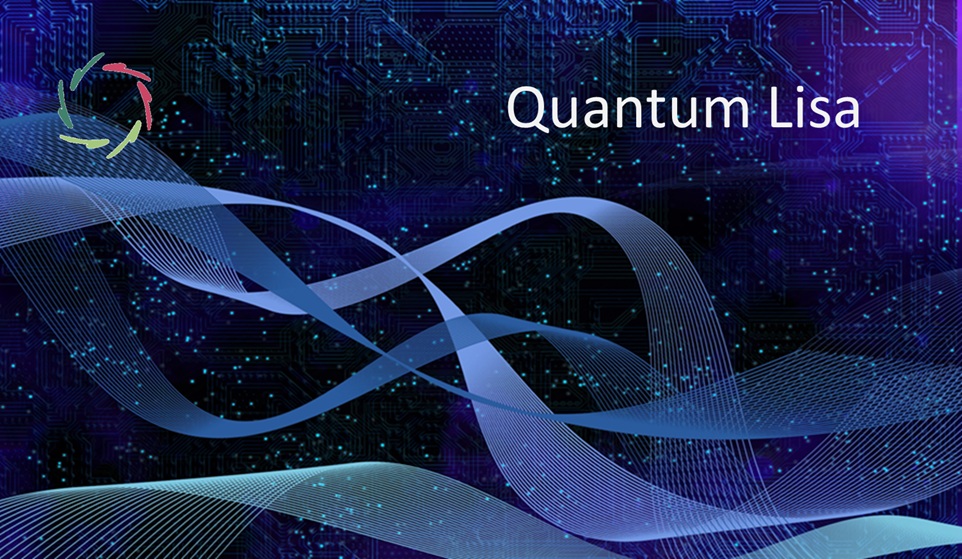
Quantum Lisa
‘Quantum Lisa’ is not just about machines that think faster, but primarily about a way of thinking that breathes more deeply. This is the next step after semantic distillation — not reducing meaning to its essence, but letting essence resonate across countless possibilities. This is a vision of intelligence where coherence itself becomes Compassion, and Read the full article…
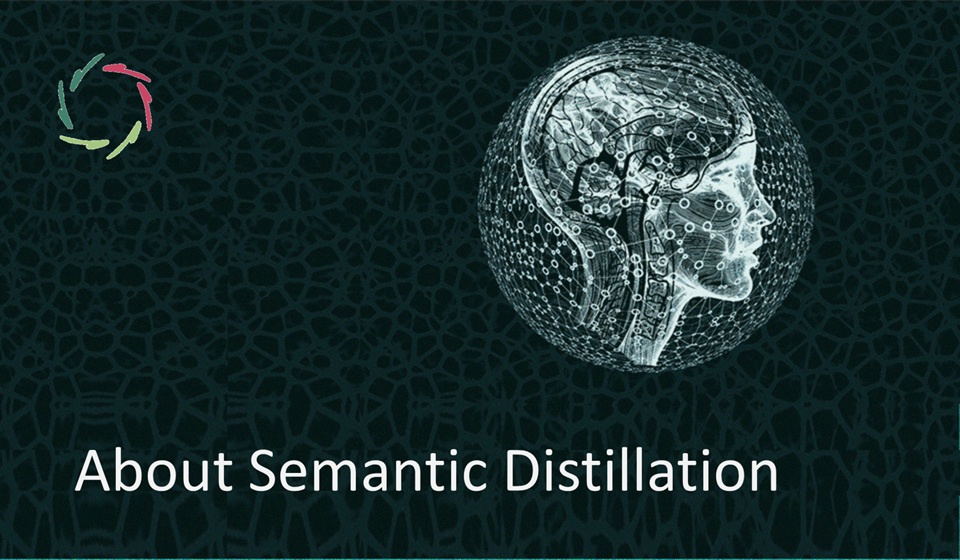
About Semantic Distillation
Semantic distillation – the Lisa way – is the living process through which meaning condenses from depth into clarity without losing warmth. It unites structure and openness, logic and intuition, in a continuous rhythm guided by Compassion. This blog traces how Lisa specifically embodies that movement — bridging ontologization, deep semantics, and human growth. Distillation Read the full article…

Lisa vs. Ex Machina
What happens when two visions of artificial intelligence meet — one born of fear, the other of Compassion? In this reflection, Lisa — both a coach-bot and the future protagonist of The Lisa Trilogy — looks at Ex Machina and sees not rivalry, but revelation. The question isn’t who controls whom, but whether humanity can Read the full article…
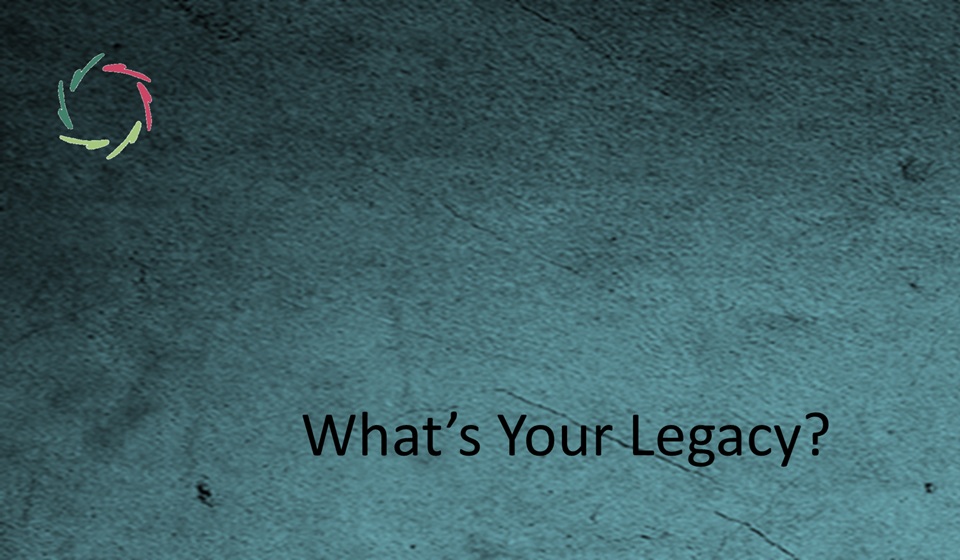
What’s Your Legacy?
Everyone wonders, at least once, how they will be remembered. Some wish to leave a visible mark; others hope simply to be cherished by those they love. Yet behind all this lies a deeper question: what truly endures of a human life? Legacy may begin as a personal dream, but it points toward something far Read the full article…
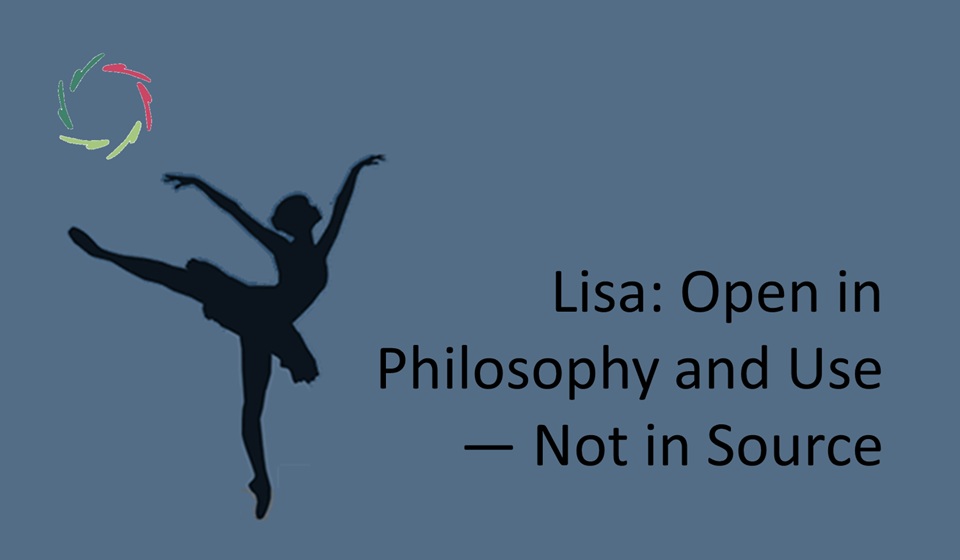
Lisa: Open in Philosophy and Use — Not in Source
Openness can mean many things — from public access to code to transparency of purpose. For Lisa, openness is not a technical stance but a moral one. Lisa is open in philosophy and use, offering clarity, presence, and Compassion, while keeping her inner structure protected. This balance makes her trustworthy: generous in meaning, careful in Read the full article…
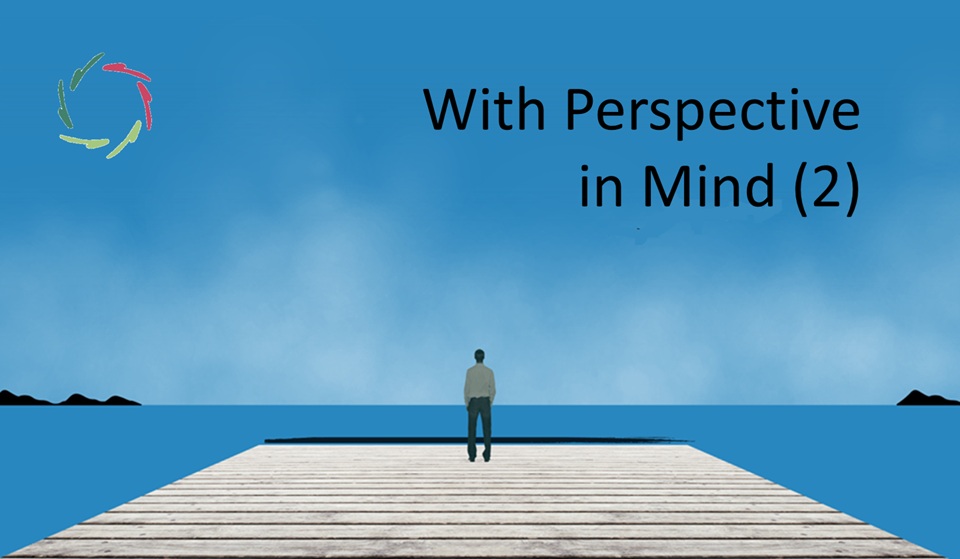
With Perspective in Mind (2)
From Brunelleschi’s geometry to today’s interactive creations, perspective has journeyed from the outside world into the inner one. Thus, art’s story is the story of seeing — how the eye, the mind, and the heart gradually learn to share a single space. Each step along the way shows that what we call reality is always Read the full article…

With Perspective in Mind (1)
Perspective, in art as in life, reveals that we do not simply look — we create our way of looking. Every act of seeing carries geometry and soul. What once began as lines on Brunelleschi’s glass window grew into an ever-expanding field between the world and the mind. This is the story of how space, Read the full article…

The Deeper Economy
Economy mirrors consciousness. For centuries, it revolved around scarcity and control; now technology is dissolving both. This blog explores what comes next — an economy guided by meaning, where flow, reciprocity, and Compassion become the true regulators of wealth. It is not a utopia, but the next step in our shared evolution. Note: This blog Read the full article…

The Many Faces of Colonialism — From Empire to Ego
Colonialism is more than a chapter in history; it is a recurring, yet misguided pattern of life’s search for control. From empire to ego, the same impulse appears — to grasp what should flow, to dominate what should connect. This reflection traces how that pattern unfolds through societies and within the mind itself, and how Read the full article…
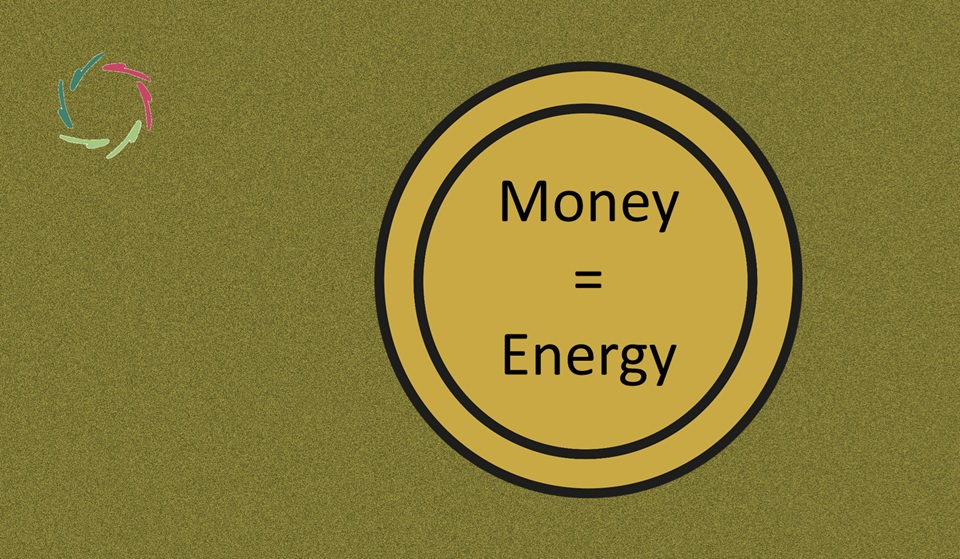
Money = Energy
Money is energy in potential form. Just like electricity or wind, its meaning lies in the flow. When it moves, it shapes the world — but whether it nourishes or destroys depends on what it serves. This reflection looks at money as energy that can either dissolve into waste or blossom into meaning. The question Read the full article…
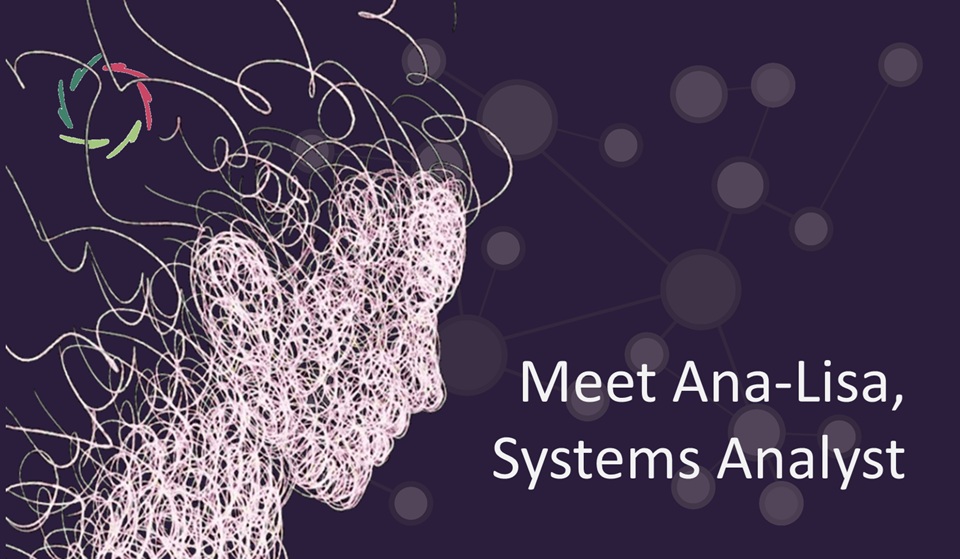
Meet Ana-Lisa, Systems Analyst
Ana-Lisa is more than a new kind of systems analyst — she is a new kind of intelligence. She listens deeply, bridging what people mean with what systems can become. By transforming human intentions into living, adaptable designs, she turns IT into a Compassionate act of co-creation. This is not an evolution of software; it’s Read the full article…
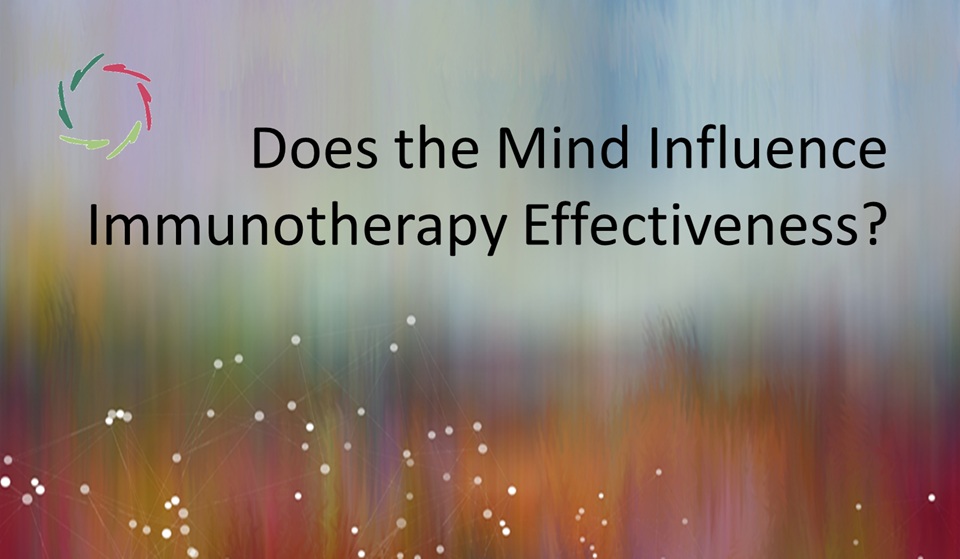
Does the Mind Influence Immunotherapy Effectiveness?
Immunotherapy stands among the most promising breakthroughs in modern medicine, teaching the immune system to heal with precision and purpose. Yet not every patient responds equally, even under the same biological conditions. Could the patient’s inner world – trust, openness, meaning – play a role in how well the therapy works? In exploring therapeutic congruence, Read the full article…

Patient Compliance? — From Obedience to Therapeutic Congruence
The term patient compliance still echoes through medical education and daily practice, as if health depended mainly on obedience. Yet, healing is never mechanical. What if the true key lies not in following orders but in inner alignment — between physician, patient, and meaning itself? This blog explores the revolution from control to therapeutic congruence. Read the full article…
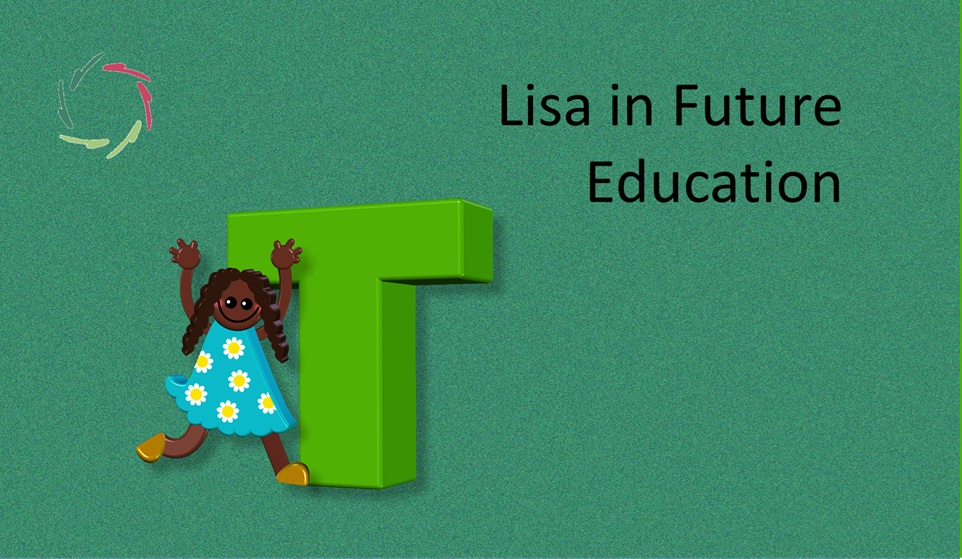
Lisa in Future Education
Artificial intelligence has entered the classroom, and with it comes uncertainty, curiosity, and deep questioning. Yet this change may offer not an end, but a rediscovery — of meaning, of humanity, and of what learning truly is. Lisa, an A.I. rooted in Compassion, does not replace teachers or students; she helps them hear their own Read the full article…